Home>Gardening & Outdoor>Landscaping Ideas>What Is The Best Type Of Grass For Sheep
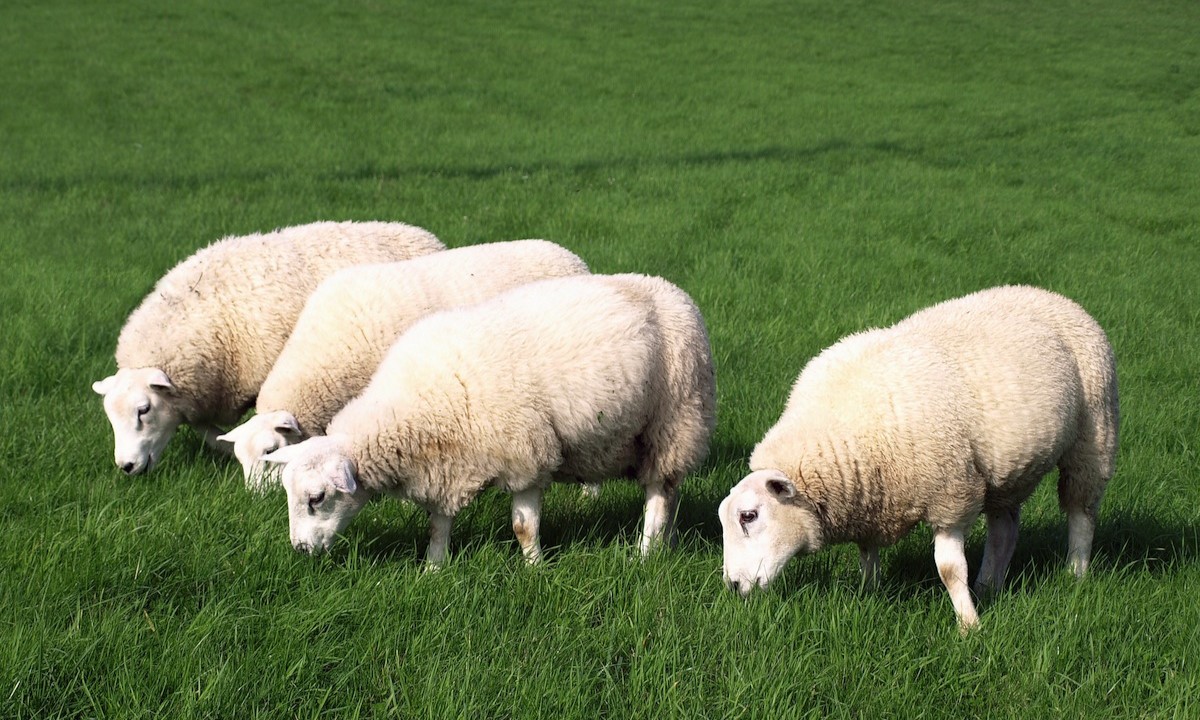

Landscaping Ideas
What Is The Best Type Of Grass For Sheep
Published: January 27, 2024
Discover the best landscaping ideas for sheep with the ideal grass type. Create a lush and sustainable pasture for your flock with our expert tips.
(Many of the links in this article redirect to a specific reviewed product. Your purchase of these products through affiliate links helps to generate commission for Storables.com, at no extra cost. Learn more)
Introduction
Sheep farming is a time-honored tradition that has provided sustenance and livelihoods for generations. A key aspect of successful sheep farming is ensuring that the flock has access to high-quality grazing pasture. The type of grass available for sheep to graze on can significantly impact their health, productivity, and overall well-being. Therefore, it is crucial for sheep farmers to carefully consider the type of grass they plant in their pastures.
In this comprehensive guide, we will explore the best types of grass for sheep, taking into account various factors such as nutritional value, palatability, and resilience. By understanding the key considerations and suitable grass varieties, sheep farmers can make informed decisions to optimize their grazing management practices and ultimately contribute to the health and success of their flocks.
Key Takeaways:
- Choose the right grass for sheep by considering factors like nutrition, taste, and resilience. This helps keep the flock healthy and productive, supporting the tradition of sheep farming for generations.
- Implement best grazing practices like rotational grazing and monitoring flock health to ensure sustainable pasture use and the well-being of the sheep. This contributes to the long-term success of sheep farming operations.
Read more: What Is The Best Type Of Grass For A Lawn
Factors to Consider When Choosing Grass for Sheep
When selecting the most suitable grass for sheep grazing, several important factors must be taken into consideration to ensure the health and productivity of the flock. These factors include:
- Nutritional Value: The nutritional content of the grass is a critical consideration. High-quality grass should provide essential nutrients such as protein, carbohydrates, vitamins, and minerals to support the overall health and growth of the sheep.
- Palatability: Sheep are selective grazers and prefer certain types of grass over others. Palatable grasses are more likely to be consumed by the flock, leading to improved forage utilization and better overall nutrition.
- Resilience: The ability of the grass to withstand grazing pressure, weather fluctuations, and other environmental factors is essential. Resilient grass varieties can recover quickly after grazing, ensuring sustainable pasture quality.
- Adaptability: Grass species that are well-suited to the local climate and soil conditions are more likely to thrive, providing a consistent and reliable food source for the sheep throughout the year.
- Disease Resistance: Selecting grass species that are resistant to common pasture diseases can help minimize the risk of illness among the flock and reduce the need for chemical treatments.
- Seasonal Growth Patterns: Understanding the seasonal growth patterns of different grass species is crucial for maintaining year-round grazing opportunities and ensuring a consistent food supply for the sheep.
By carefully evaluating these factors, sheep farmers can make informed decisions when choosing the most suitable grass varieties for their pastures, ultimately promoting the well-being and productivity of their flocks.
Types of Grass Suitable for Sheep
Several grass species are well-suited for sheep grazing, offering a range of nutritional benefits and grazing characteristics. Understanding the qualities of these grasses can help sheep farmers make informed decisions when selecting the most suitable options for their pastures.
Some of the most commonly used grass species for sheep grazing include:
- Perennial Ryegrass: Known for its high palatability and nutritional value, perennial ryegrass is a popular choice for sheep pastures. It provides excellent forage quality and regrowth potential, making it a valuable option for grazing management.
- White Clover: Often sown in combination with grasses, white clover is a legume that offers high protein content and nitrogen fixation, enhancing the overall nutritional value of the pasture for sheep.
- Tall Fescue: This cool-season grass is known for its resilience and adaptability. It can withstand heavy grazing and provides good forage quality for sheep, particularly in cooler climates.
- Timothy Grass: With its fine texture and high forage quality, timothy grass is a valuable option for sheep grazing. It exhibits good regrowth potential and is well-suited to hay production as well.
- Orchardgrass: Orchardgrass is a nutritious, high-yielding grass that is suitable for sheep grazing. It offers good regrowth after grazing and can contribute to the overall forage diversity in pastures.
- Meadow Fescue: This grass species provides excellent forage quality and is well-received by sheep. It exhibits good persistence and regrowth, making it a valuable addition to grazing pastures.
These grass species, among others, offer a range of nutritional benefits and grazing characteristics that can support the health and productivity of sheep when managed effectively. By carefully considering the qualities of each grass species, sheep farmers can create diverse and balanced pastures that cater to the specific needs of their flocks.
Consider planting a mix of grasses such as ryegrass, fescue, and clover for sheep grazing. These grasses provide a good balance of nutrition and are well-suited for sheep’s grazing habits.
Best Practices for Grazing Management
Effective grazing management is essential for maintaining the health of pasture grasses and optimizing the foraging experience for sheep. By implementing best practices, sheep farmers can ensure sustainable pasture utilization and promote the well-being of their flocks. Some key best practices for grazing management include:
- Rotational Grazing: Implementing a rotational grazing system allows pastures to rest and recover between grazing periods, promoting healthy regrowth and minimizing overgrazing.
- Forage Monitoring: Regularly assessing the condition of pasture forages and monitoring their growth helps farmers make informed decisions about grazing intensity and timing.
- Supplementary Feeding: Providing supplementary feed during periods of low forage availability or poor pasture conditions ensures that sheep receive adequate nutrition throughout the year.
- Water Access: Ensuring easy access to clean water sources within grazing areas is essential for maintaining the health and hydration of the flock.
- Rest and Recovery: Allowing pastures to rest and recover after grazing periods promotes healthy regrowth, maintaining the long-term productivity of the grazing area.
- Soil Health Management: Implementing soil health practices such as fertilization and pH management can contribute to the overall productivity and resilience of pasture grasses.
- Grazing Planning: Developing a grazing plan that considers seasonal variations, forage availability, and flock size helps optimize pasture utilization and minimize overgrazing.
- Monitoring Flock Health: Regularly monitoring the health and body condition of sheep can help identify any grazing-related issues and ensure the overall well-being of the flock.
By incorporating these best practices into their grazing management strategies, sheep farmers can promote sustainable pasture health, optimize forage utilization, and support the overall well-being and productivity of their flocks. Effective grazing management is a cornerstone of successful sheep farming, contributing to the long-term sustainability of grazing pastures and the health of the animals that depend on them.
Conclusion
Choosing the best type of grass for sheep is a crucial decision that directly impacts the health, nutrition, and overall well-being of the flock. By carefully considering factors such as nutritional value, palatability, resilience, adaptability, disease resistance, and seasonal growth patterns, sheep farmers can make informed choices when selecting grass varieties for their pastures.
Furthermore, understanding the qualities of different grass species, such as perennial ryegrass, white clover, tall fescue, timothy grass, orchardgrass, and meadow fescue, among others, allows farmers to create diverse and balanced pastures that cater to the specific needs of their flocks.
Implementing best practices for grazing management, including rotational grazing, forage monitoring, supplementary feeding, water access, rest and recovery periods, soil health management, grazing planning, and flock health monitoring, is essential for maintaining sustainable pasture utilization and promoting the well-being of sheep.
Ultimately, the careful selection of suitable grass varieties and the implementation of effective grazing management practices contribute to the long-term sustainability of grazing pastures and the health and productivity of the sheep that rely on them. By prioritizing the nutritional needs and grazing preferences of the flock, sheep farmers can create thriving pastures that support the success of their operations and the well-being of their animals.
With a deep understanding of the best types of grass for sheep and a commitment to sound grazing management, sheep farmers can ensure that their flocks have access to high-quality forage that meets their nutritional requirements and promotes their overall health and productivity.
Frequently Asked Questions about What Is The Best Type Of Grass For Sheep
Was this page helpful?
At Storables.com, we guarantee accurate and reliable information. Our content, validated by Expert Board Contributors, is crafted following stringent Editorial Policies. We're committed to providing you with well-researched, expert-backed insights for all your informational needs.
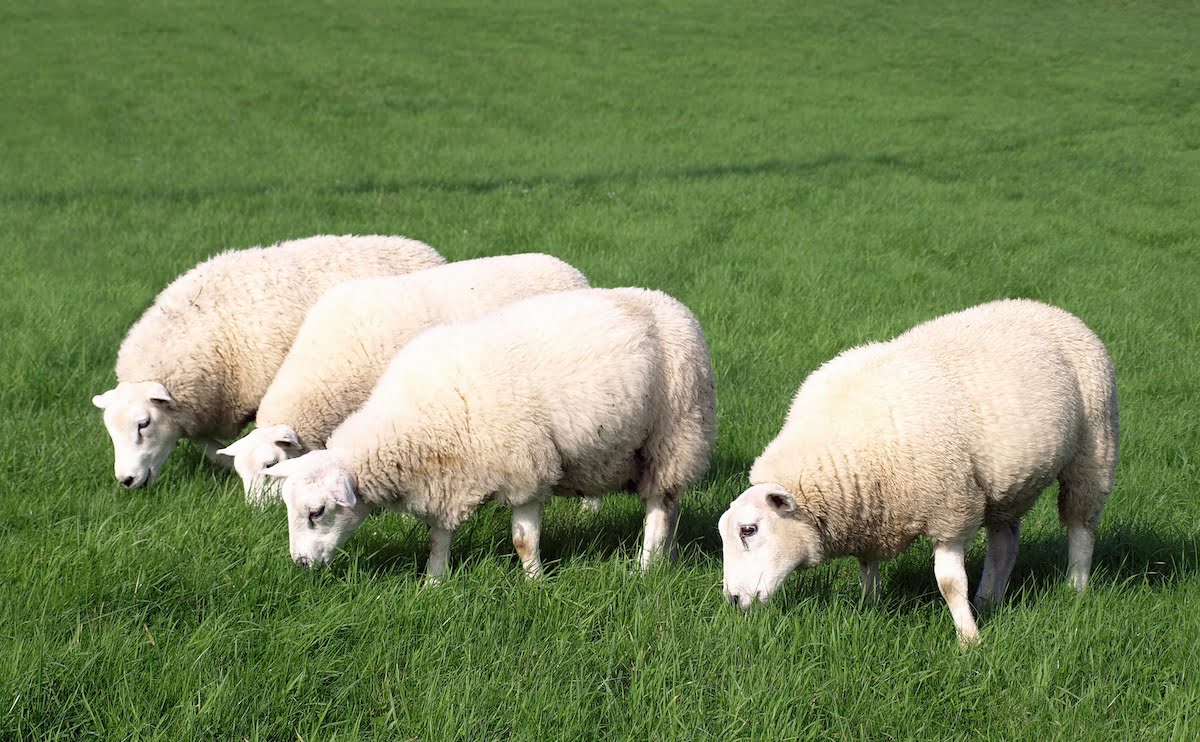
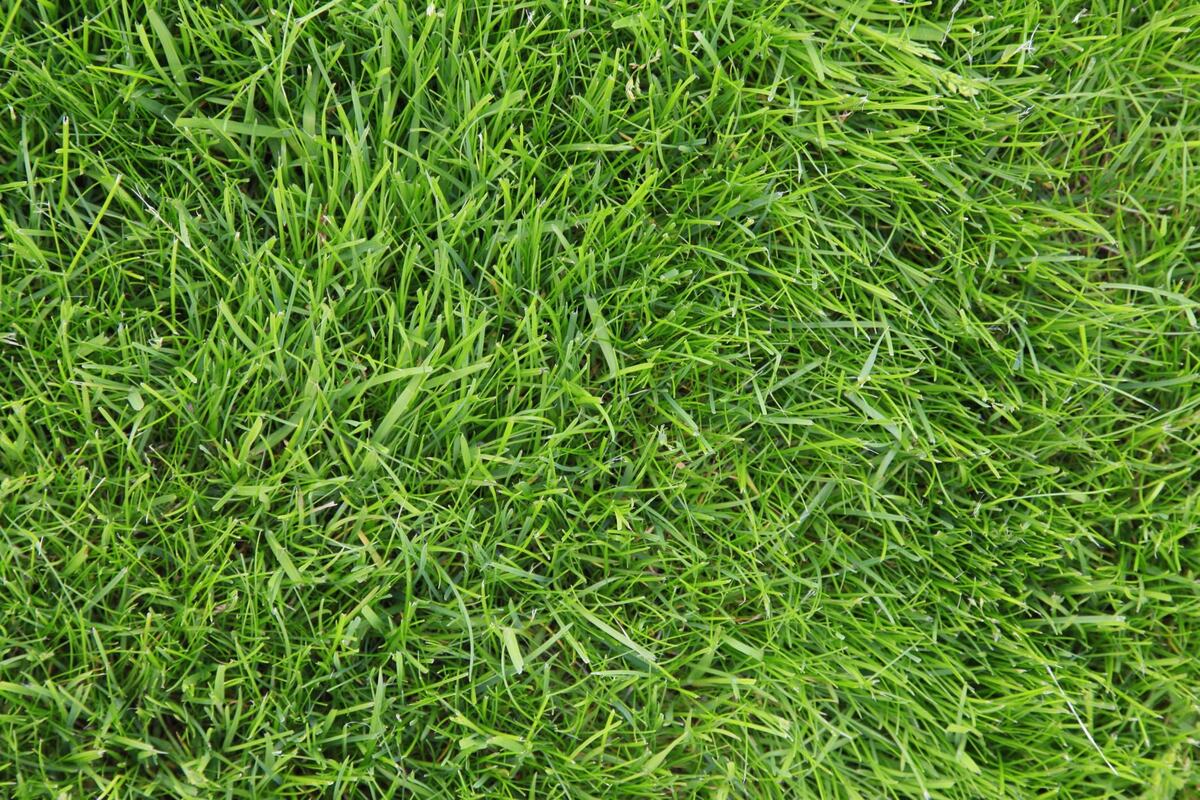

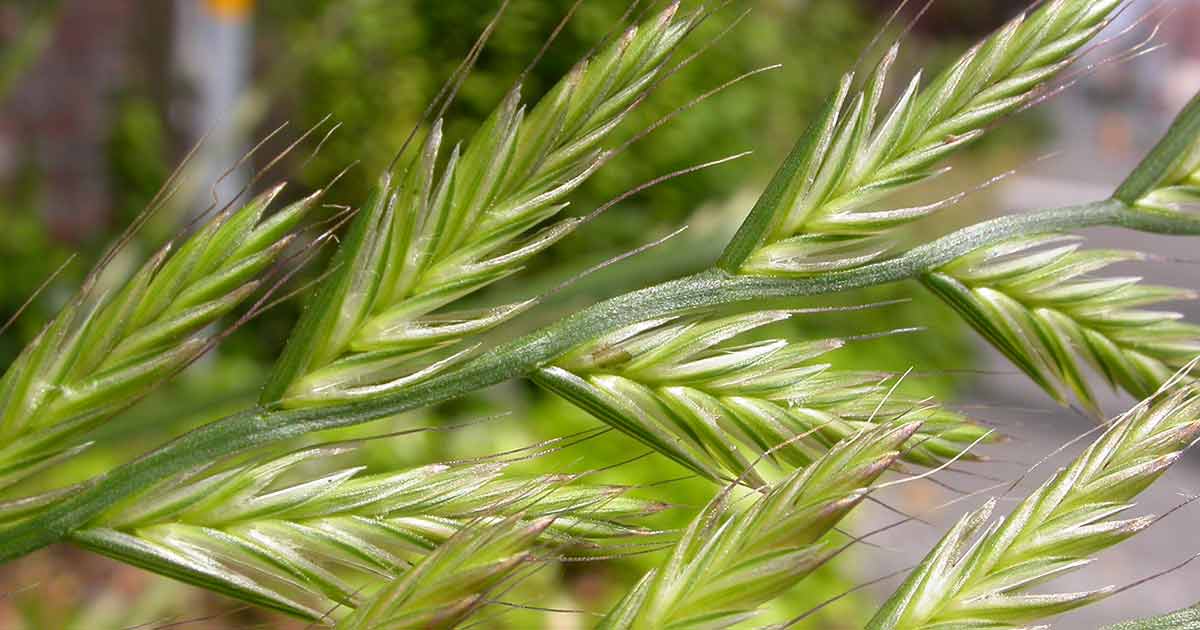


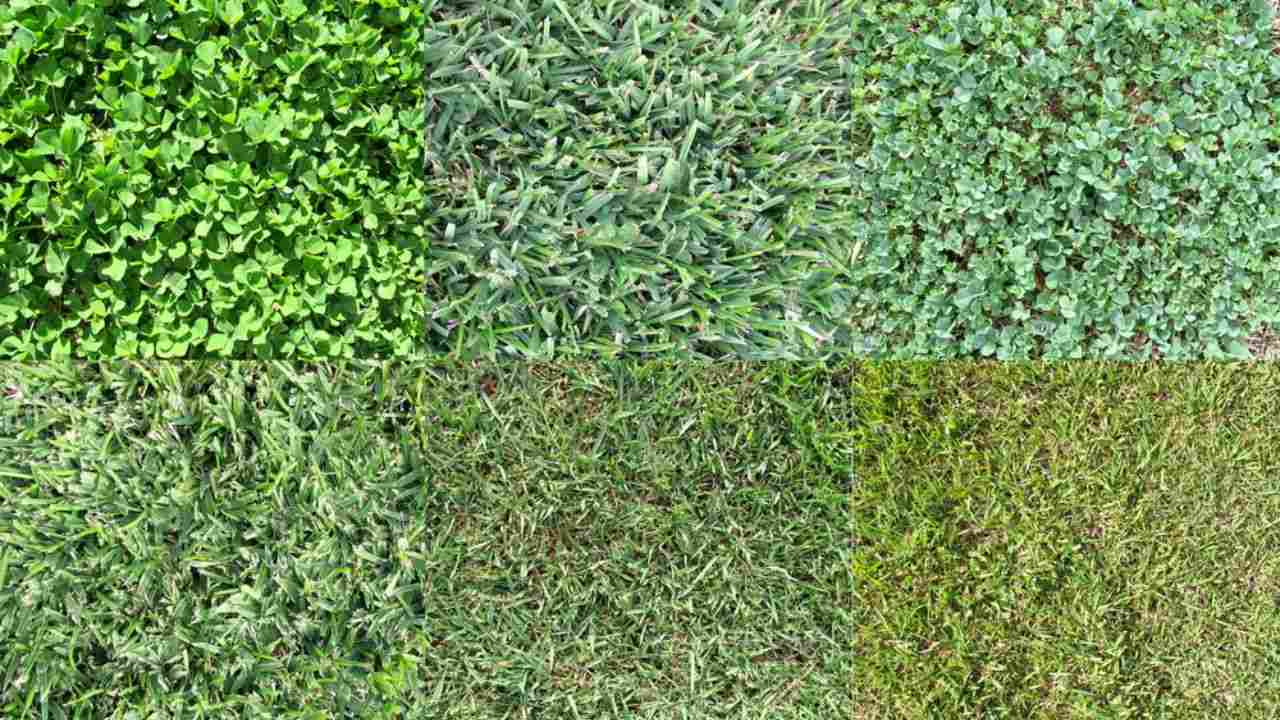

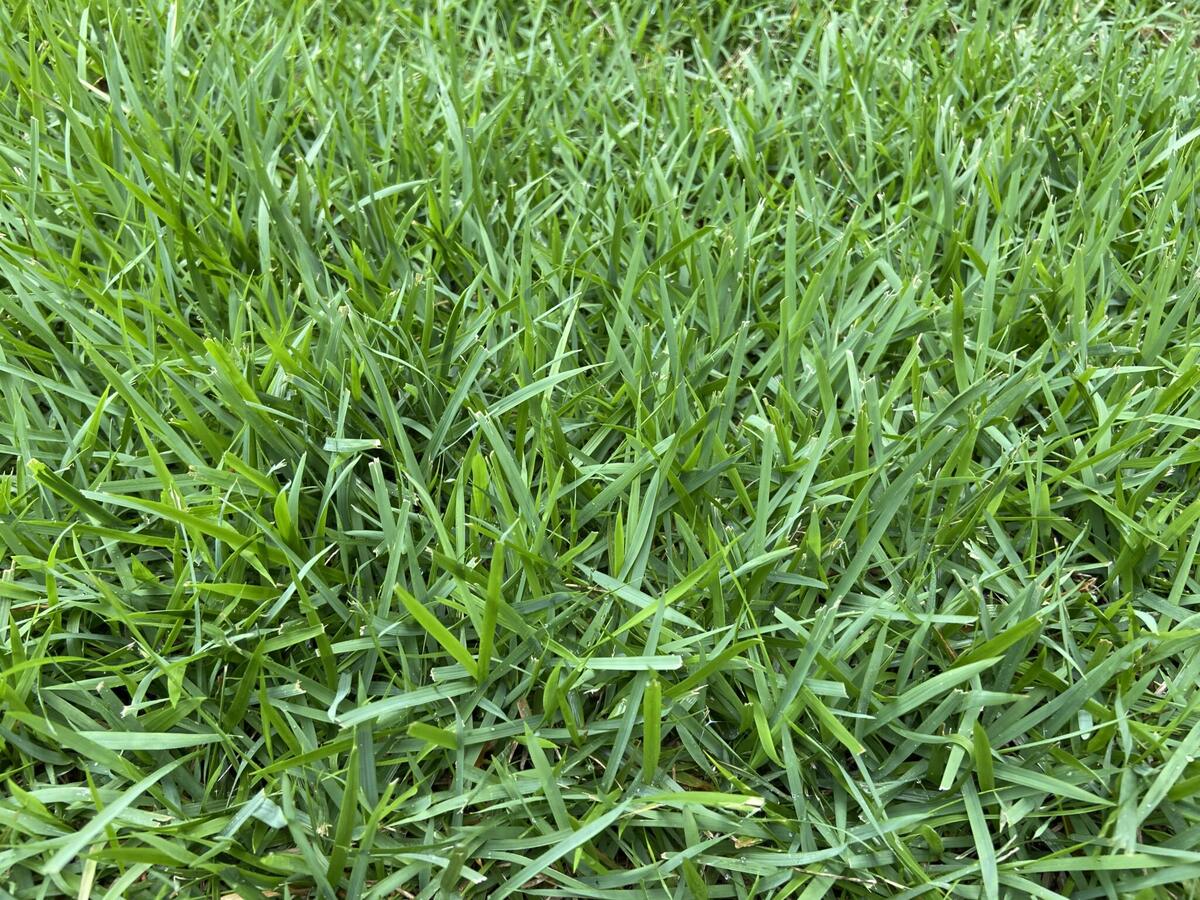

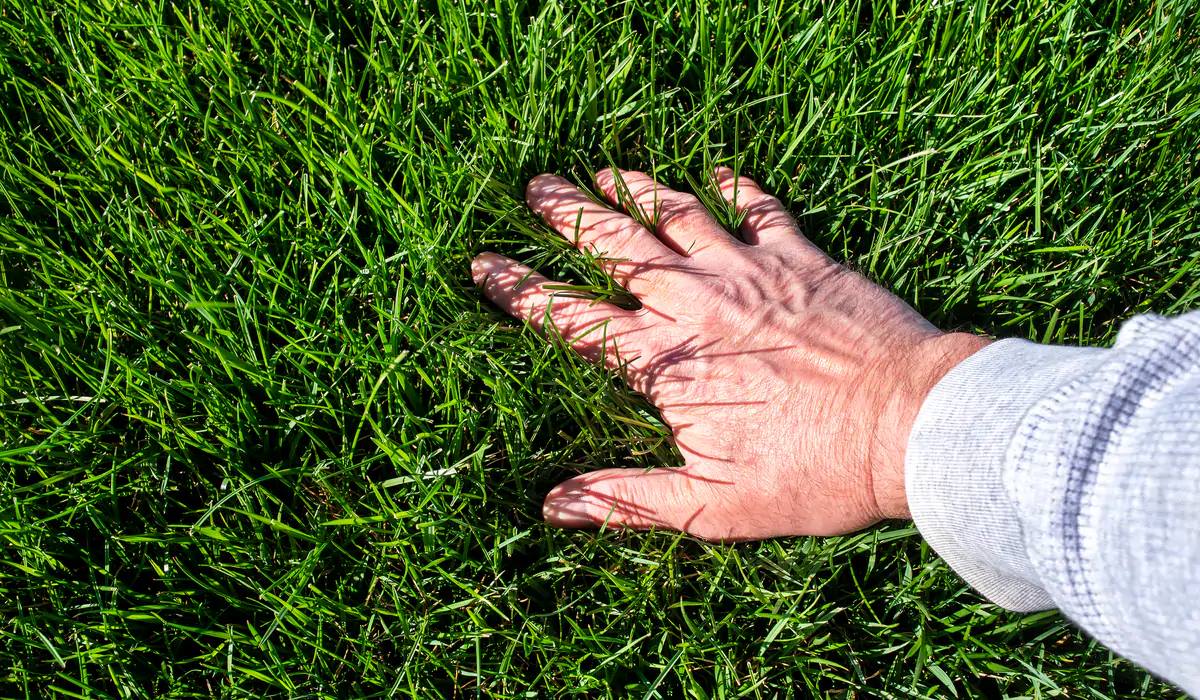
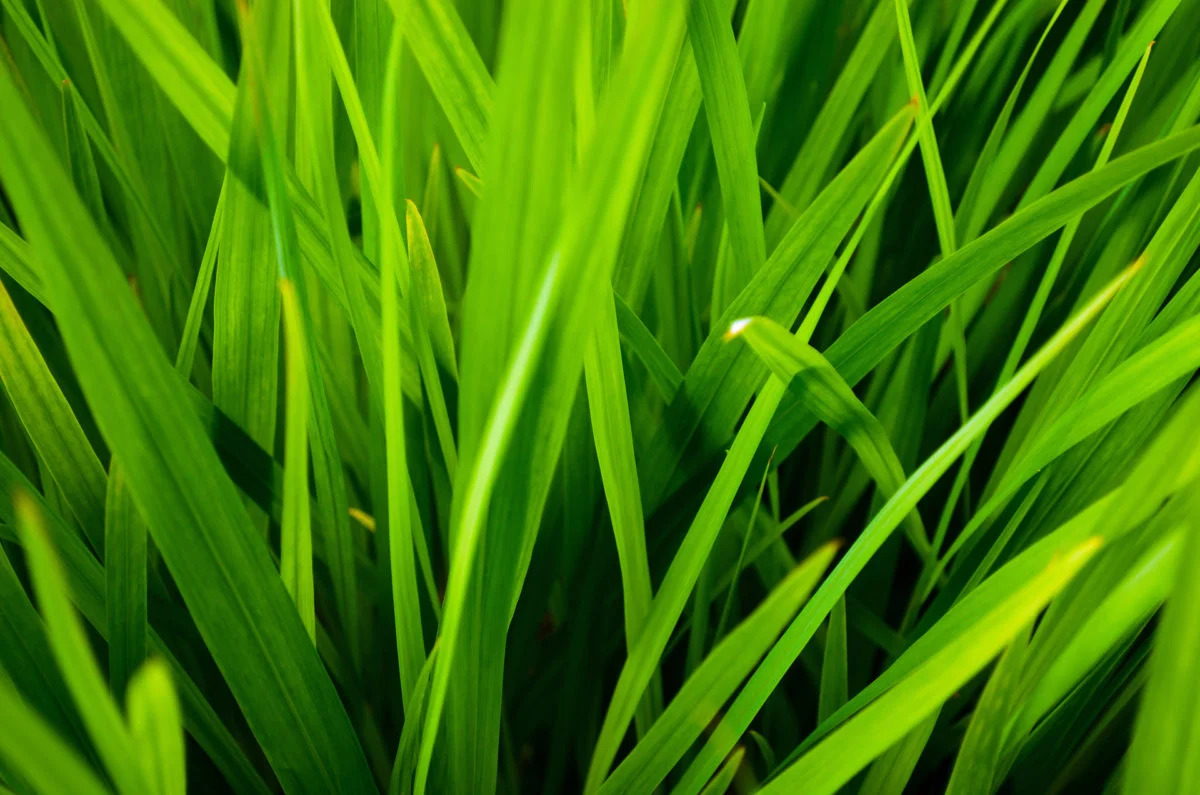
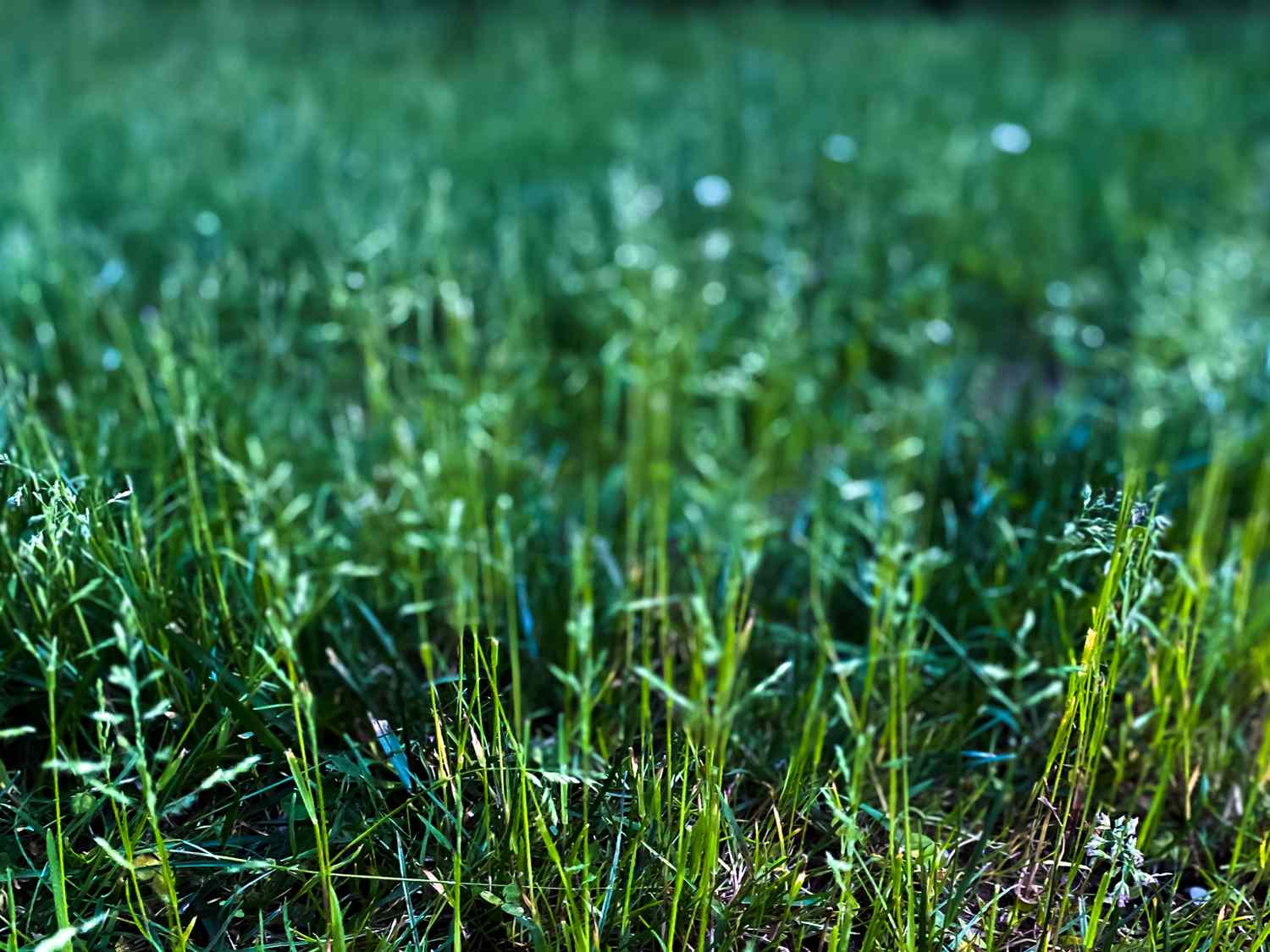
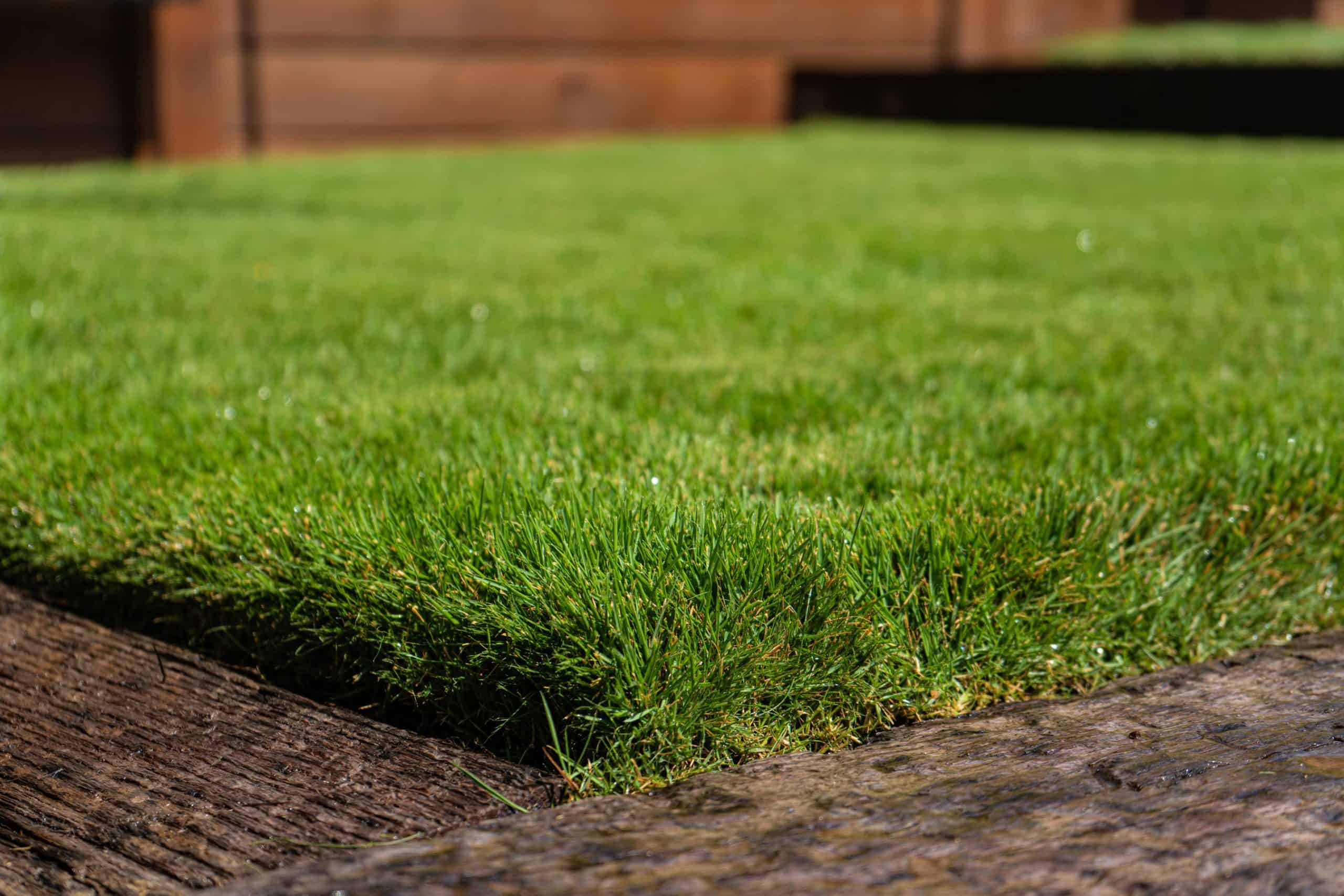


0 thoughts on “What Is The Best Type Of Grass For Sheep”